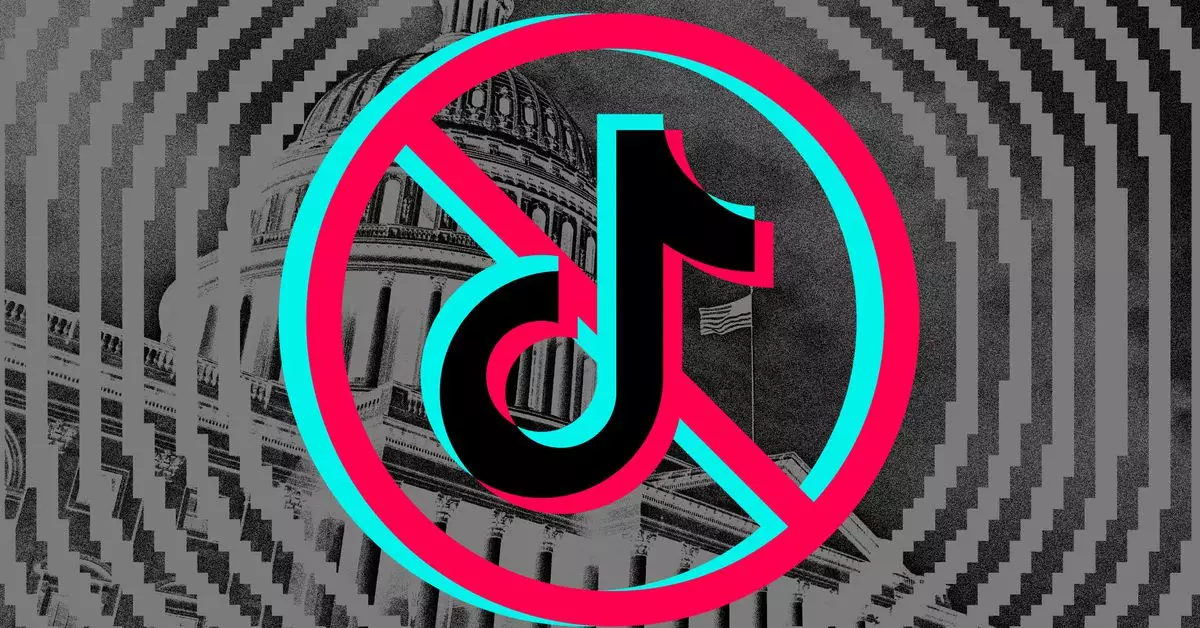In a bold move to protect their livelihoods and creative outlets, eight TikTok creators have decided to take legal action against a law that threatens to ban the popular app unless its Chinese parent company divests it. These creators, including Brian Firebaugh, Talia Cadet, and Timothy Martin, argue that TikTok is more than just a social media platform – it is a unique vehicle for expression that cannot be replicated elsewhere. They emphasize the distinct culture and identity of TikTok, pointing to its recommendation algorithm and special features like green screen and duet capabilities as key elements that set it apart from other platforms. For these creators, creating content on TikTok is a form of expression that holds a different meaning than content expressed on other social media sites.
The lawsuit filed by the TikTok creators echoes the company’s own legal challenge to the ban, relying heavily on First Amendment arguments to defend their right to free speech. While the court is expected to take these challenges seriously, both TikTok and its creators will need to convince the court that these arguments should outweigh the national security concerns that led to the passing of the law. Lawmakers have expressed worries about potential risks associated with TikTok, and the court may be inclined to show deference to a law that was passed by Congress with overwhelming support.
Despite having a presence on other social media platforms like Facebook and Instagram, the creators participating in the lawsuit stress that TikTok offers a platform for expression that cannot be replicated elsewhere. They fear that an ownership change could drastically alter the TikTok experience, citing Elon Musk’s takeover of Twitter as an example of how such a change can impact a platform. The creators argue that they not only have an interest in creating and accessing expression through TikTok, but also in creating and accessing expression as curated using TikTok’s current editorial practices.
The case has been filed in the federal Court of Appeals in DC, which holds exclusive jurisdiction over challenges to the forced divestment law. The creators are seeking a declaration that the law is unconstitutional and are asking the court to prevent it from being enforced. By taking this legal stand, the TikTok creators are advocating for their right to continue expressing themselves through the platform they believe is integral to their creative identities.
The fight to save TikTok is not just about protecting a popular app, but about defending the freedom of expression and creativity of its users. The TikTok creators are making a bold statement by challenging the ban in court, arguing that TikTok is more than just a social media platform – it is a unique and essential space for them to share their creativity with the world.


Leave a Reply